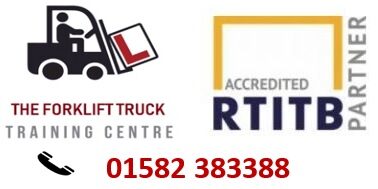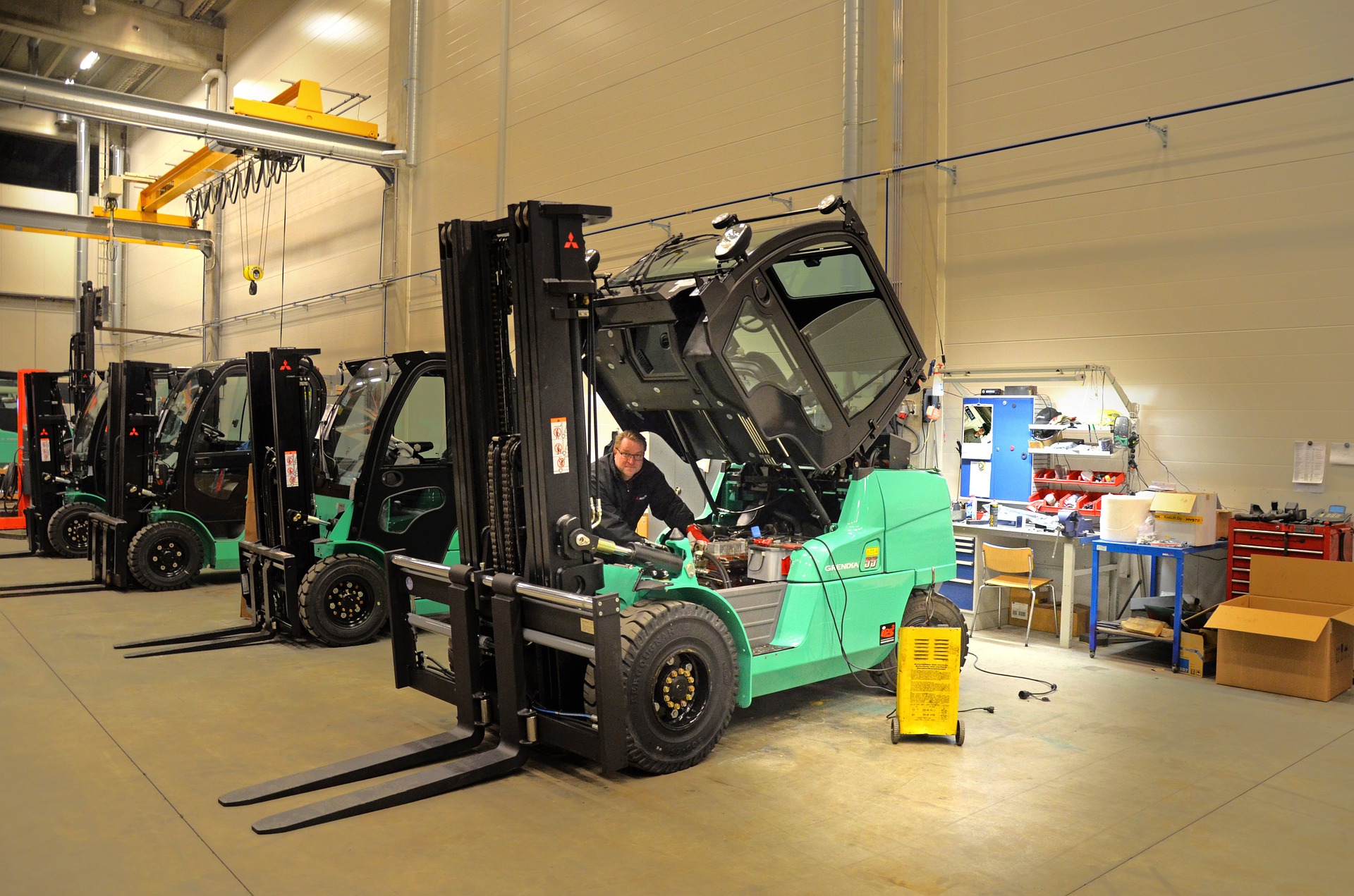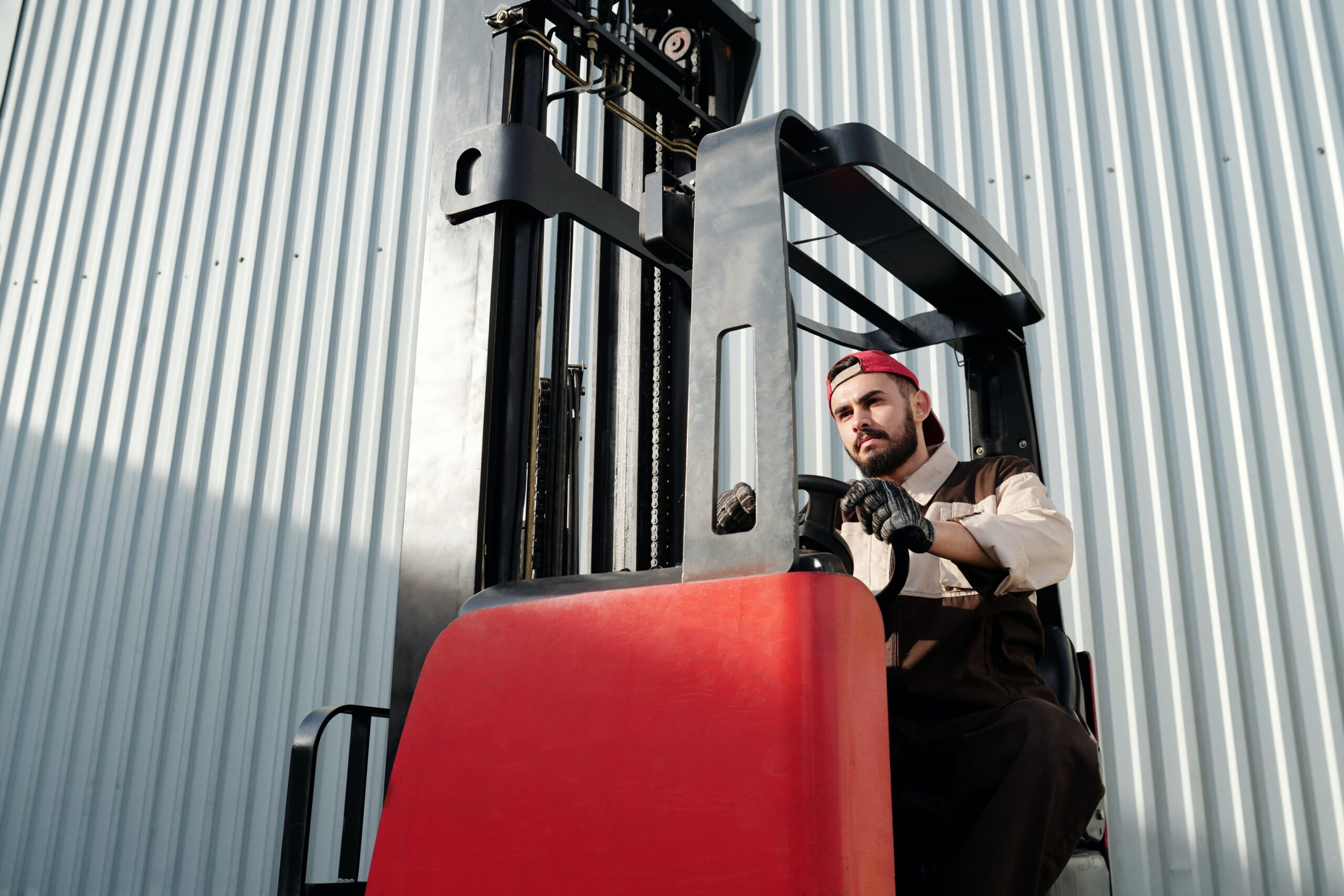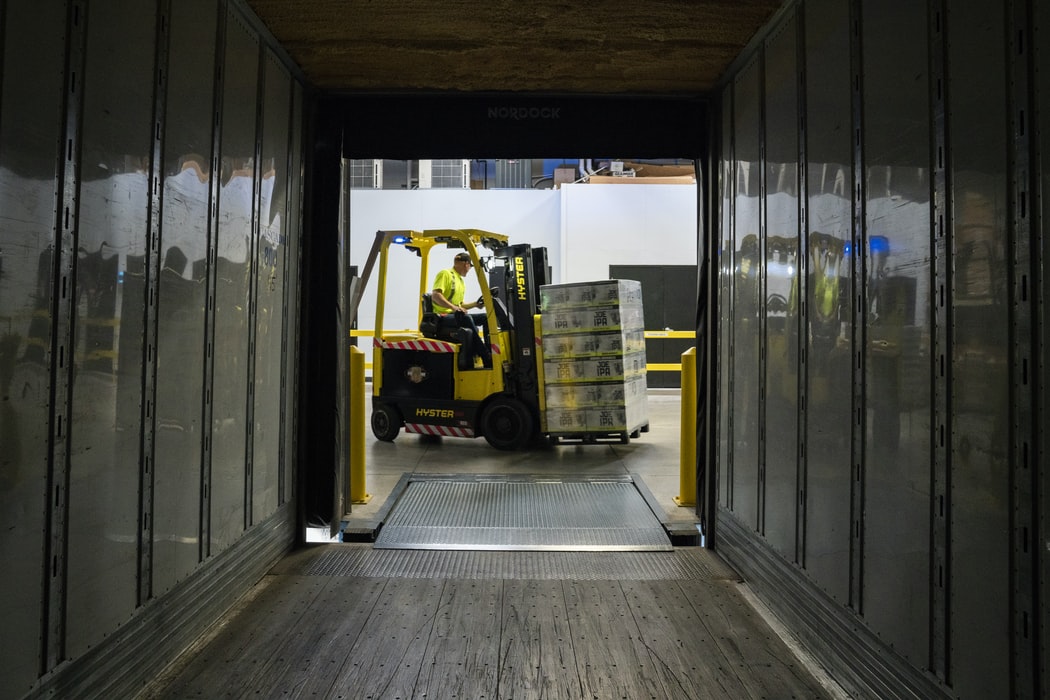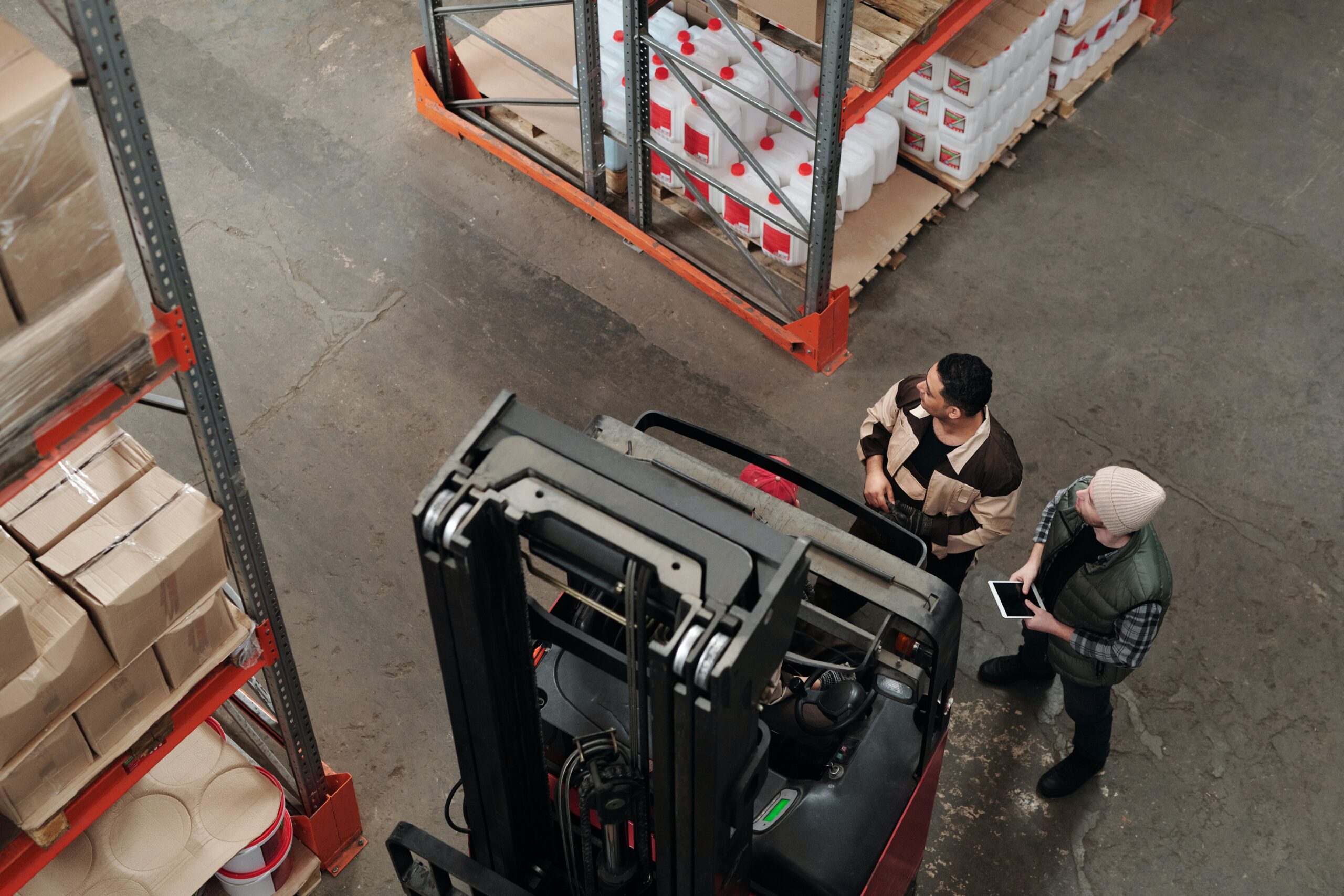Forklifts are paramount to every warehouse – but used irresponsibly they can be hugely dangerous. Here’s a list of the things you should definitely not do when operating a forklift!
Forget or skip inspections. Conducting regular forklift inspections is vital to keeping a forklift working, but also keeping them safe. Inspections should be both visual, checking the forklift looks in top shape, but also operational too. Skipping forklift checks can endanger both forklift operators and warehouse pedestrians.
Lack of attention – and horseplay! It’s easy for operators to forget simple things like checking their surroundings before moving their forklift but it can be very dangerous – just as horseplay and fooling around rather than paying attention can be damaging too.
Speeding. Easily done when forklift operators are under pressure to deliver, but simply not worth it. A split second decision to break the rules can have devastating consequences.
For more information about our forklift training services, contact us on 03333 442949 or paula@wetrainflt.co.uk.
